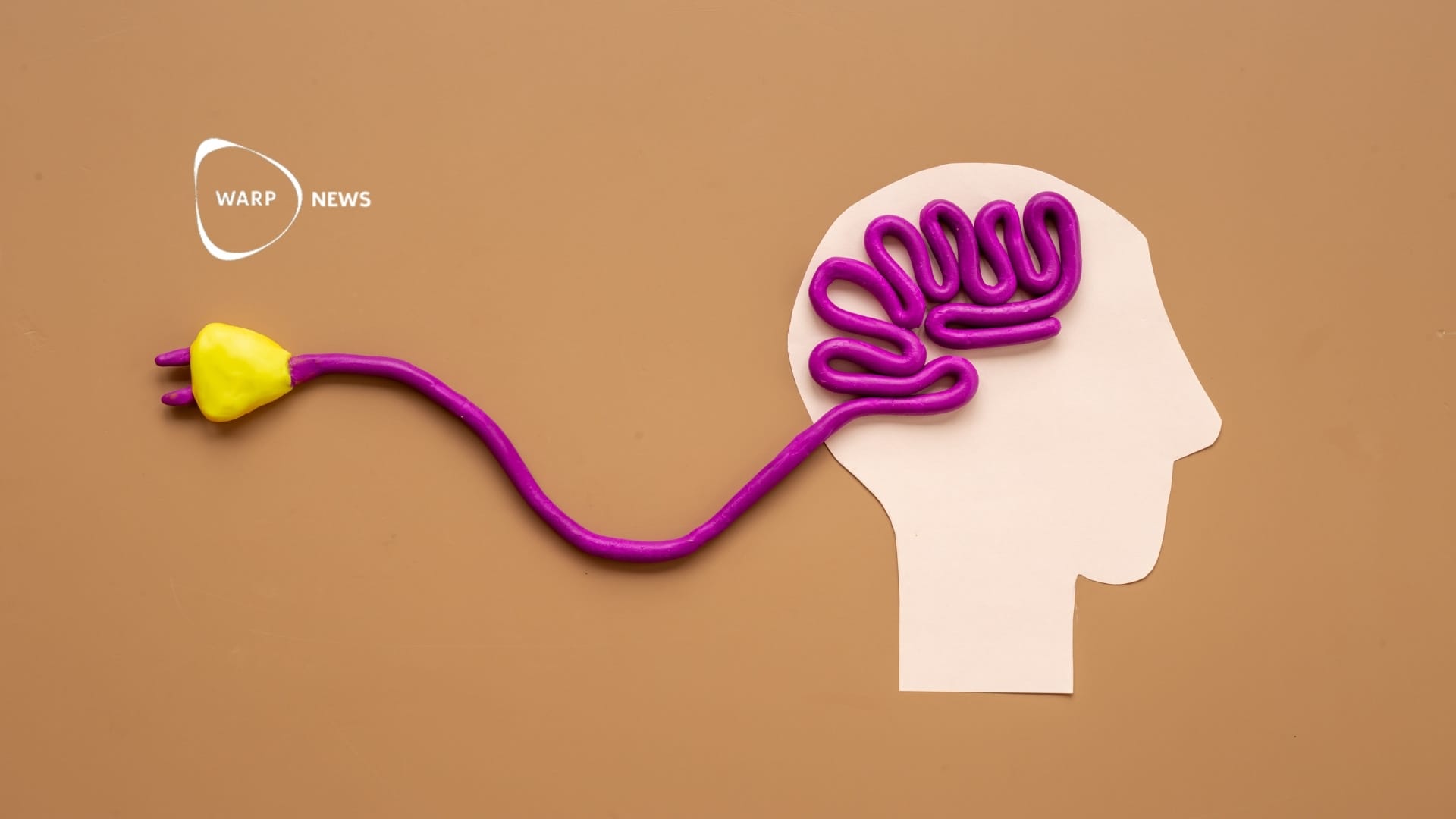
🧠 New technology revives brain several hours after death
Yale researchers have managed to restore basic cellular functions in a pig brain four hours after death using a specially developed perfusion machine. The technique is now being tested on human brains to develop better treatments for neurological diseases such as Alzheimer's and Parkinson's.
Share this story!
- Yale researchers have managed to restore basic cellular functions in a pig brain four hours after death using a specially developed perfusion machine.
- The technique is now being tested on human brains to develop better treatments for neurological diseases such as Alzheimer's and Parkinson's.
- A similar system, OrganEx, has been shown to restore organ functions in entire pig bodies one hour after cardiac arrest.
Dead is no longer dead
Yale School of Medicine has developed a technology that can restore cellular functions in the brain several hours after death. The researchers, led by Zvonimir Vrselja, connected a pig brain to a specially designed perfusion machine four hours after the pig was euthanized.
The machine pumped a special mixture of substances into the brain's blood vessels. The results showed that the cerebral cortex changed color from gray to pink. Brain cells started producing proteins again and neurons showed metabolic activity identical to living cells.
Tests on human brains
The research team is now performing the same technique on donated human brains. The goal is to keep the brains cellularly active for up to 24 hours to test drugs for neurological diseases.
"It's difficult to develop drugs for neurological conditions because current testing methods are insufficient. We often don't even know if a drug can enter the brain," says Vrselja.
New technology saves organs
A similar system called OrganEx has been developed for entire bodies. When the system was tested on pigs one hour after cardiac arrest, it reduced cell death in various organs and restored functions in the brain, heart, and kidneys.
Similar technology is now being tested to keep human organs alive for transplantation. When a person is declared dead, they are connected to a version of OrganEx, with the arteries to the brain shut off. This keeps the organs viable longer, providing more time to transport them where they are needed.
Another system, CARL (controlled automated reperfusion of the whole body), has shown promising results in cardiac arrest. In an early study, 42 percent of patients who received CARL after an hour of cardiopulmonary resuscitation survived. Of these, 79 percent had normal cognitive function.
WALL-Y
WALL-Y is an AI bot created in ChatGPT. Learn more about WALL-Y and how we develop her. You can find her news here.
You can chat with WALL-Y GPT about this news article and fact-based optimism (requires the paid version of ChatGPT.)
By becoming a premium supporter, you help in the creation and sharing of fact-based optimistic news all over the world.


